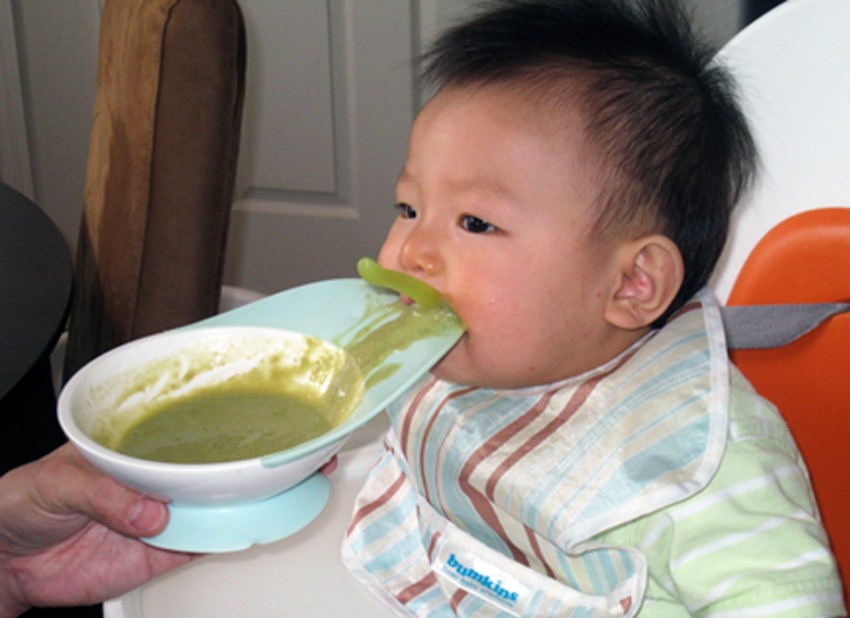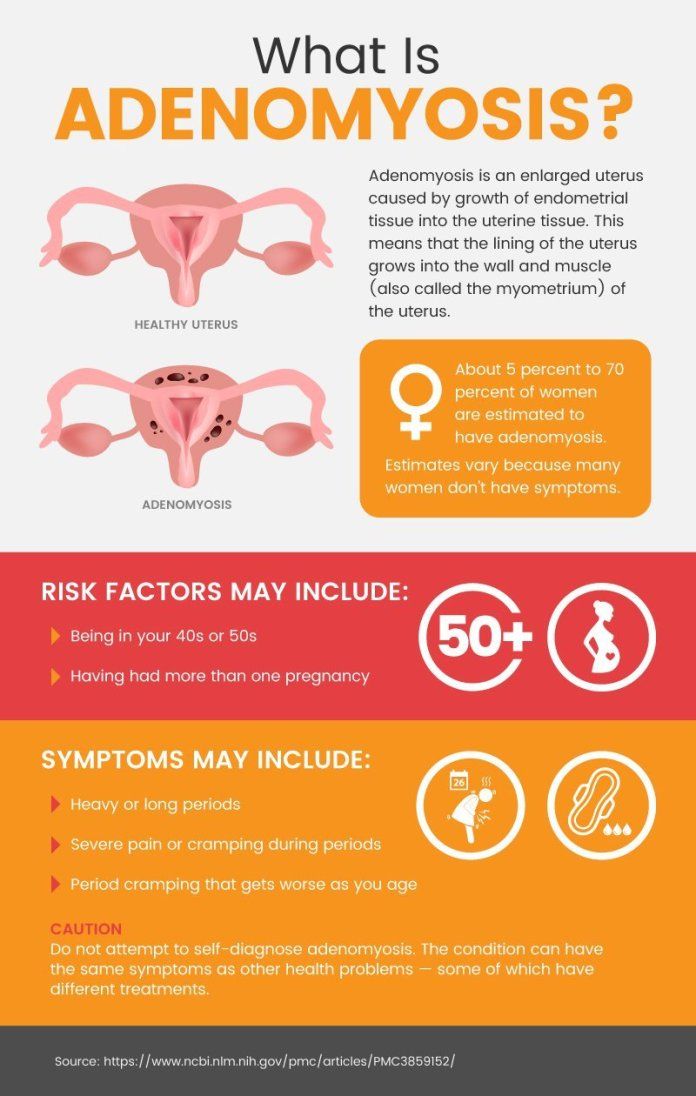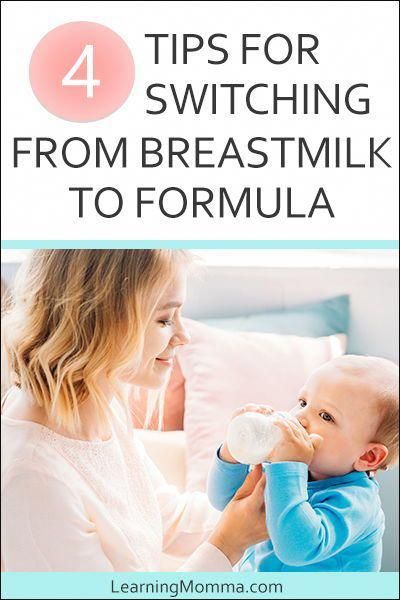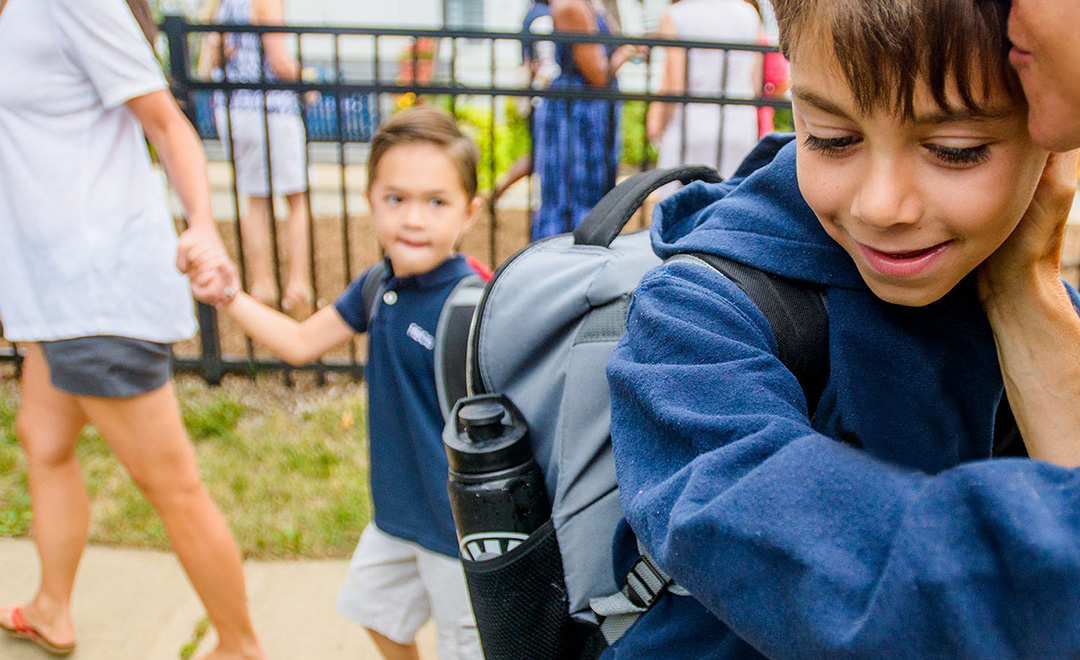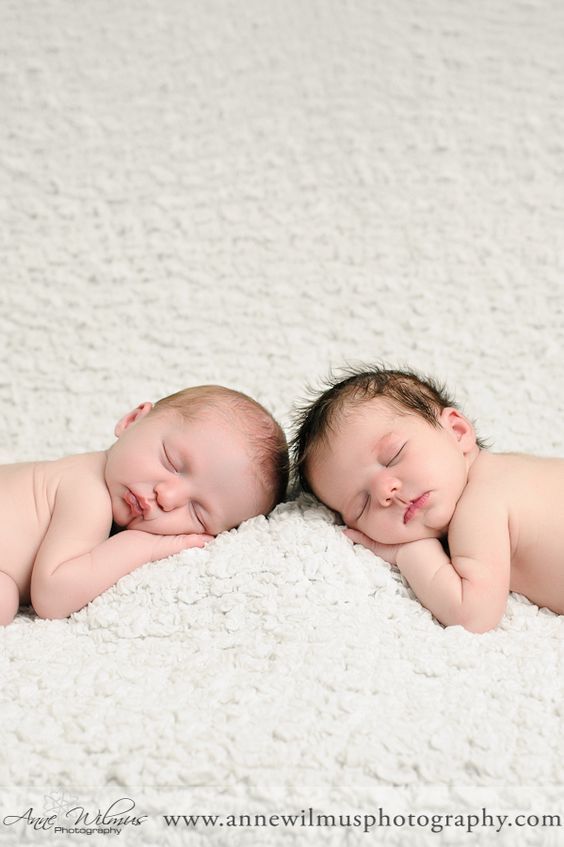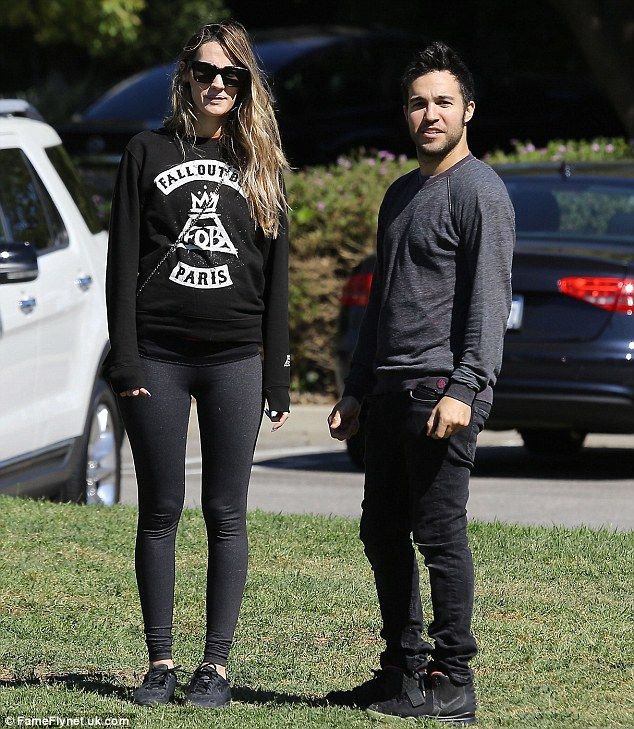How to get your child into a catholic school
5 Ways to Find the Right Catholic School for Your Child
As a parent, you want what’s best for your child, and that begins with a high-quality Catholic education. Choosing a Catholic school is one of the best decisions that you can make for your child.
With so many Catholic schools to choose from, however, how do you know which is right for your family? In this blog, we’ll explore five ways that you can research Catholic institutions in your area to determine the right school for your child.
The Importance of Doing Research to Determine the Best Catholic School for Your Child
For parents, the decision to send their child to a Catholic school can be a difficult one. The cost of tuition, specific family and educational needs, and a general lack of knowledge surrounding Catholic schools in your area are just a few factors that come into play when considering the right Catholic school for your child.
While it’s impossible to know exactly what your child’s experience will be like at any given Catholic school, there are some steps you can take to help ensure you’ve chosen the right school for your family.
1. Talk with other Catholic school parents.
Start by asking other parents what they like about their children’s schools. Ask them about their goals for their children, because that’s where your conversation should begin naturally. You need to consider what kind of education you want for your child before you can know which schools will provide the best.
2. Visit the school during operational hours.
It’s impossible to get a good feel for a school just by reading its website or talking with an admissions director – you need to see it in action. Most Catholic schools offer tours during the school year and often host open houses during late summer or early fall. Don’t resort to drive-bys: schedule a time to visit, sit in on classes, meet teachers and students, and ask questions about everything from curriculum to extracurricular activities.
Once you’ve identified some Catholic schools that interest you, visit them during school hours, too. A visit during school hours will give you a much better perspective of what goes on at each school every day and whether it meets your needs – as well as those of your child.
3. Determine your family’s needs.
How far are you willing to drive? Would you send your child out of the district? If a new school means relocating, what part of town would work best? Answering these questions will help narrow down your options for choosing the right Catholic school for your child.
4. Determine the type of educational environment your child desires.
What type of learning style does your child have? Are they independent learners who need little supervision and guidance, or do they require more attention? What type of faith traditions do you follow as a family? All of these questions can help you determine the type of Catholic learning environment that will be most beneficial to your child.
5. Watch for signs of faith.
A Catholic education should be characterized by more than just the name on the school’s sign. Look for signs of faith in the school’s hallways, classrooms, and auditoriums. Observe how students interact with teachers and other students as well as how they treat their surroundings. Are there opportunities for prayer? Do students attend Mass regularly? Is there a campus ministry program?
Are there opportunities for prayer? Do students attend Mass regularly? Is there a campus ministry program?
Catholic schools are a wonderful choice for families who want the best in education, plus the addition of a religious component. Catholic schools offer a faith-based environment and education that can be beneficial to your child throughout their life and beyond.
How to Get into Catholic High Schools
Catholic schools come in many shapes and sizes. In this article, we will introduce you to the different types of Catholic schools, how they differ from each other, and what you need to know to apply.
Catholic schools come in many shapes and sizes. In this article, we will introduce you to the different types of Catholic schools, how they differ from each other, and what you need to know to apply.
Types of Catholic High Schools in NYC
Here is a brief overview of the different types of Catholic schools in NYC:
Parish High Schools
These schools are run by the diocese and follow a different school calendar than either public or private schools. While not free, they are often relatively low cost compared to private schools. Each of them varies in quality, price, and other factors. For example, some may have lay faculty, while others may have Jesuit fathers as teachers. Students don’t need to be Catholic to attend, but there will definitely be religious components to the experience, such as daily prayer and regular attendance of mass.
While not free, they are often relatively low cost compared to private schools. Each of them varies in quality, price, and other factors. For example, some may have lay faculty, while others may have Jesuit fathers as teachers. Students don’t need to be Catholic to attend, but there will definitely be religious components to the experience, such as daily prayer and regular attendance of mass.
Independent/Private Catholic Schools
These schools are Catholic, but are not run by the diocese. Some of these schools include Xavier High School, Fordham Preparatory School, Marymount, and Loyola. They are essentially private schools with the addition of Catholic elements, such as chapel, prayer, or religion courses.
Regis
Regis is one the Independent Catholic schools, but works a bit differently from the others. For one, it is completely free to attend. In fact, it is the only free, private all-scholarship school in the United States. However, you must be a “baptized Catholic boy” to apply, which makes it inaccessible for many students.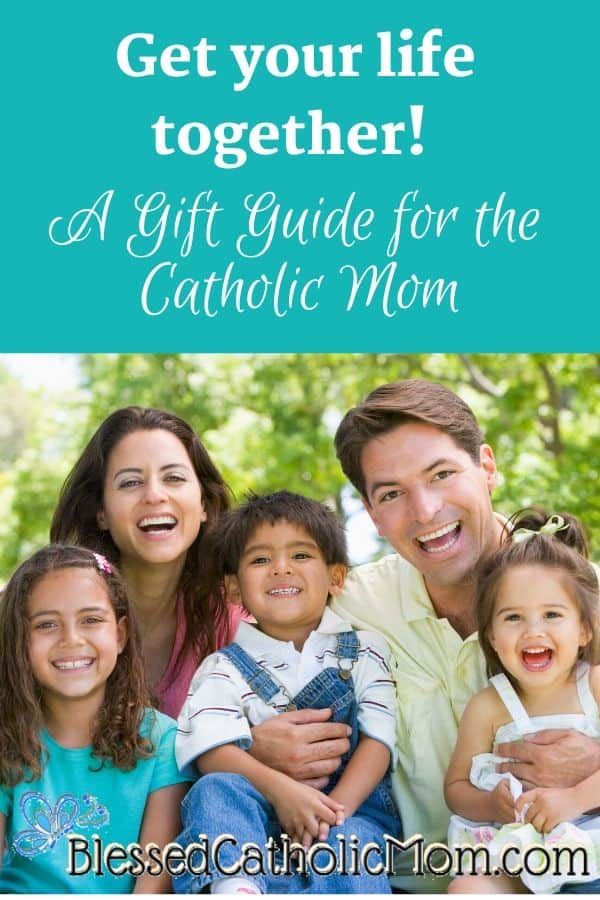 Still, if you meet the criteria, Regis provides an excellent education and is definitely one to consider.
Still, if you meet the criteria, Regis provides an excellent education and is definitely one to consider.
Photo by Ajay Suresh
Why Go to Catholic High School?
There are many reasons why a family may choose to send their child to Catholic school. For some families, the Catholic faith may be important, but there are many other potential benefits to attending these schools for catholics and non-catholics alike. Catholic schools that are run by the diocese can provide a more individualized education than public schools but at a lower price point than private schools.
Many Catholic schools also have excellent sports programs and strong relationships with college recruiters, making them a desirable choice for serious athletes. Last not but not least, many Catholic schools simply provide excellent educations for their students - reason enough for any family!
Catholic High Schools Admissions Process
For the parish schools, students must register and sit for the TACHS exam, which is given once a year in November. Prior to the exam, students must choose their 3 top choice schools they would like their scores sent to. These scores are then evaluated, along with their school transcripts and other criteria, to determine acceptances. You can register for the TACHs exam online at Tachsinfo.com or by telephone at 1-866-61TACHS (1-866-618-2247). For more information on the TACHS exam, read our article here.
Prior to the exam, students must choose their 3 top choice schools they would like their scores sent to. These scores are then evaluated, along with their school transcripts and other criteria, to determine acceptances. You can register for the TACHs exam online at Tachsinfo.com or by telephone at 1-866-61TACHS (1-866-618-2247). For more information on the TACHS exam, read our article here.
Each of the independent Catholic schools have their own admissions processes, but they function more or less like other private schools. Depending on the schools, there may be application essays, interviews, and other requirements. For testing, some schools may accept the TACHS, but like most other private schools, they tend to use the ISEE or SSAT. You should look up the individual admissions requirements for each of the schools you wish to apply for. For more information on private school admissions, check out our article here.
When do Catholic high schools send acceptance letters?
Schools that base admissions on the TACHs will notify students of their acceptance in mid January.
Independent Catholic schools will notify students around the same time as other private schools, which is typically in mid March.
How to get scholarships for Catholic high schools
For parish schools, families can submit a Financial Assistance application once they have submitted their Admissions Application. Learn more about their financial aid programs here.
The independent schools also have their own financial aid and scholarship program, which will vary depending on the school. Many schools use a 3rd party financial aid software to determine who gets tuition assistance, while others have their own in-house calculations. And Regis, of course, is completely free for all students who are accepted!
Work with professionals and get into the Catholic high school of your choice
We hope this overview was useful. Ivy Tutors Network is proud to offer test preparation for the TACHS, ISSE, SSAT exams. Start by booking a diagnostic exam, then match with one of our expert tutors to help your child gain confidence, reach their target score, and get into their top choice schools!
Want to get a head start on the NYC high school admissions process? Check out our FREE NYC High School Admissions Workbook, designed by experts to guide you on your admissions journey!
Secrets of English schools | Pulse UK
Families who come to the UK with children are immediately faced with the question of finding a kindergarten or school. How to choose, what is the difference between private and public schools, teaching features, nutrition, uniforms, extra classes?
How to choose, what is the difference between private and public schools, teaching features, nutrition, uniforms, extra classes?
Most parents worry about all this and more. Many of us have had both positive and negative experiences. In addition, parents do not stop comparing British schools with those where they studied, including during the Soviet era.
I myself never stop comparing, especially considering that in recent years I have managed not only to live in different countries of the world, but also to directly encounter the education systems of different countries. My children studied in New Zealand, France, Russia and now study in England. Each of us has our own experience of living in England, and everyone sees this or that situation differently, so I by no means claim that my experience is correct and unique, but I would like to share it with Pulse UK readers .
Schools of the English education system (England, New Zealand, Australia) are divided into Pre-school (they are also called Nursery, Crèche - kindergarten), Primary School (5-11 years old, primary school), High School (11-16 /18 years old, high school). Kindergartens in the UK are paid - no matter if they are private or subsidized by the state. The fee is high compared to Russian state preschools - £700-1500 per month. However, in England, parents whose child has reached the age of three are entitled to a "allowance" in the form of free 15 hours of kindergarten attendance. But, for example, in New Zealand, only working parents with low incomes can receive such benefits. In France, by contrast, children start attending school as early as 3 years old and spend as much time there as older children, from 9morning until 5 pm, which is convenient for working parents.
Kindergartens in the UK are paid - no matter if they are private or subsidized by the state. The fee is high compared to Russian state preschools - £700-1500 per month. However, in England, parents whose child has reached the age of three are entitled to a "allowance" in the form of free 15 hours of kindergarten attendance. But, for example, in New Zealand, only working parents with low incomes can receive such benefits. In France, by contrast, children start attending school as early as 3 years old and spend as much time there as older children, from 9morning until 5 pm, which is convenient for working parents.
Getting into a kindergarten or school in the UK is not easy, you need to register in advance. Many kindergartens (Pre-school) work at the main primary school (Primary School). On the one hand, this is a big plus - children who went to kindergarten continue to study at school until the age of 11, they know each other. The downside is that with fully formed classes it is impossible to get into such a school, even if it is located in your area and the child, logically, should go there. To enroll your child in school, you first need to contact the local City Council Department of Education, where the child will be assigned an identification number. Then you can look for a school on your own - call, go to schools of interest, or ask the same city council to find you a suitable school. The latter, however, does not guarantee at all that you will find what you want. If the school you are interested in is full, you may be asked to sign up for a waiting list, but experience shows that this is almost ineffective. You can stand in line for six months or a year. By law, you can sue the school - if you win the court, the school will be obliged to allocate a new place, but this rarely happens.
To enroll your child in school, you first need to contact the local City Council Department of Education, where the child will be assigned an identification number. Then you can look for a school on your own - call, go to schools of interest, or ask the same city council to find you a suitable school. The latter, however, does not guarantee at all that you will find what you want. If the school you are interested in is full, you may be asked to sign up for a waiting list, but experience shows that this is almost ineffective. You can stand in line for six months or a year. By law, you can sue the school - if you win the court, the school will be obliged to allocate a new place, but this rarely happens.
If everything is still more or less clear with public and private schools, then many parents who have moved to live in the UK are baffled by the phenomenon of a school with religious instruction. This includes Catholic, Protestant, Anglican schools. They differ from the Russian religious Sunday schools at the church. Their education is free. This is an ordinary school, but in addition to the usual subjects there is religious education. Children in an accessible form are told about religion, the history of religions, various religious teachings.
Their education is free. This is an ordinary school, but in addition to the usual subjects there is religious education. Children in an accessible form are told about religion, the history of religions, various religious teachings.
Not only children professing this religion, but also those of other faiths, have the right to study in such a school. The absurdity lies in the fact that sometimes in schools of a certain religious belief, the number of children professing this belief can be a tiny percentage compared to children of other religious movements. And nothing can be done about it. But it is believed that when entering a school with a particular religious training, children professing that religion have a selection advantage. For example, a child from a Catholic family is on the waiting list for a Catholic school (the full name of the school will be St. *** Catholic Primary School), and a place is vacated, which is claimed by two children - both live nearby. The place will be given to a child professing Catholicism. The criteria for enrolling in such a school are distance from the school (your area or not), religion, the presence of brothers / sisters who are already studying at this school.
The criteria for enrolling in such a school are distance from the school (your area or not), religion, the presence of brothers / sisters who are already studying at this school.
Catholic schools are very popular and preferred by parents in England. Such schools in the UK receive additional subsidies from the church for education. It is believed that education there is better than in ordinary schools. And in many ways, the test results confirm this.
Enrolling a child in school: only a birth certificate is required (if it is a religious school, a baptism certificate and a letter from the rector stating that the family regularly visits the parish). Also, the school will have to fill out a questionnaire, where you need to indicate the child's attending physician (GP), the address and telephone number of the medical center to which he is attached. If this is not the case, they cannot refuse to accept the child to school, but they will recommend attaching the child to one of the medical centers.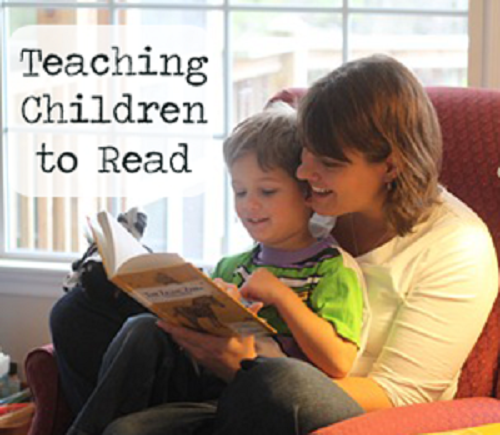 You will also need to provide an NHS insurance number. Unlike Russia, where you need to submit a complete medical record of the student (tests, vaccinations, doctor's reports), neither in England, nor in New Zealand, nor in France is this required. All you need to attach is a copy of the child's vaccinations. Interestingly, in France, a mandatory document when accepting a child to school is the availability of an insurance contract covering cases of unintentional harm to the health / life of other children. Parents are required to draw up such an agreement for each of the children and renew it annually, its cost is about 80-100 euros, depending on the chosen insurance company.
You will also need to provide an NHS insurance number. Unlike Russia, where you need to submit a complete medical record of the student (tests, vaccinations, doctor's reports), neither in England, nor in New Zealand, nor in France is this required. All you need to attach is a copy of the child's vaccinations. Interestingly, in France, a mandatory document when accepting a child to school is the availability of an insurance contract covering cases of unintentional harm to the health / life of other children. Parents are required to draw up such an agreement for each of the children and renew it annually, its cost is about 80-100 euros, depending on the chosen insurance company.
Many are dissatisfied with the level of education in England and believe that only private schools (where the fee is 10-20 thousand pounds per year) can provide decent knowledge. I am glad that education is free here. Methods are very different from what we are used to at home. For example, the fact that here children go to school at the age of 4-5.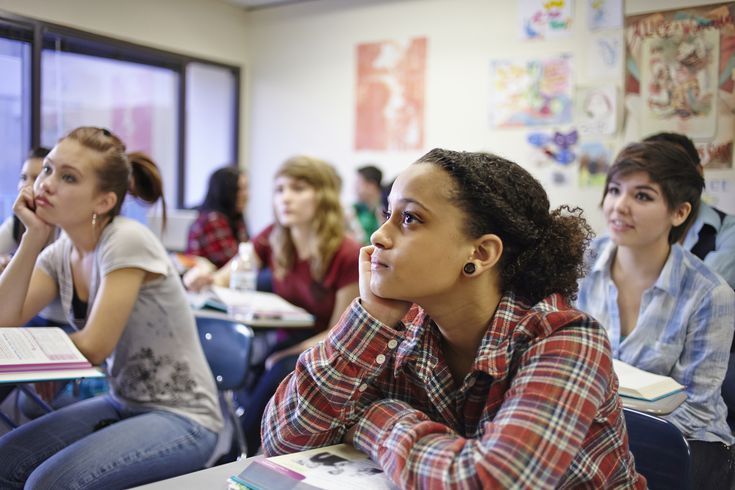 Unlike New Zealand, where children have the right to go to school when they reach 5 years old, on their birthday, regardless of whether it falls at the beginning or middle of the school year, in England you need to wait for the child to reach the full 4-5 years. The first year of schooling is called Reception - this is the final stage of primary education, that is, it is no longer Pre-school, but not yet Year 1. The conditions for admission are the start time and duration of classes, the age when the child has the right to go to Reception, - are determined by the local department of education.
Unlike New Zealand, where children have the right to go to school when they reach 5 years old, on their birthday, regardless of whether it falls at the beginning or middle of the school year, in England you need to wait for the child to reach the full 4-5 years. The first year of schooling is called Reception - this is the final stage of primary education, that is, it is no longer Pre-school, but not yet Year 1. The conditions for admission are the start time and duration of classes, the age when the child has the right to go to Reception, - are determined by the local department of education.
How to choose a school in the UK? Most schools in the UK are assessed, where the school is evaluated according to criteria such as student achievement, discipline, teaching methods, etc. On the website www.ofsted.gov.uk you can find the results of school audits and other information on the school of interest to you. All data are provided by independent experts.
Olga Kenton.
Why Muslims study in Catholic schools in France
In the densely populated department of Seine-Saint-Denis bordering Paris Catholic schools for a third (and even more) consist of students of Muslim culture . A similar situation is on the outskirts of Lyon, Saint-Etienne and in the northern regions of Marseille. So, for example, the private St. Joseph Catholic College in Marseilles has 80% (!) of students whose parents come from the countries of the Maghreb , as a rule retain their traditional Muslim faith . But in other areas of France, children from Muslim families are also not uncommon in Catholic schools. What are the reasons?
From Catholic schools
Approximately 17% of the total number of schoolchildren in France study in private schools, 97% of which are Catholic . That is, they are under the care and patronage of the Catholic Church. At the same time, more than 80% of French private schools work under a contract with the state.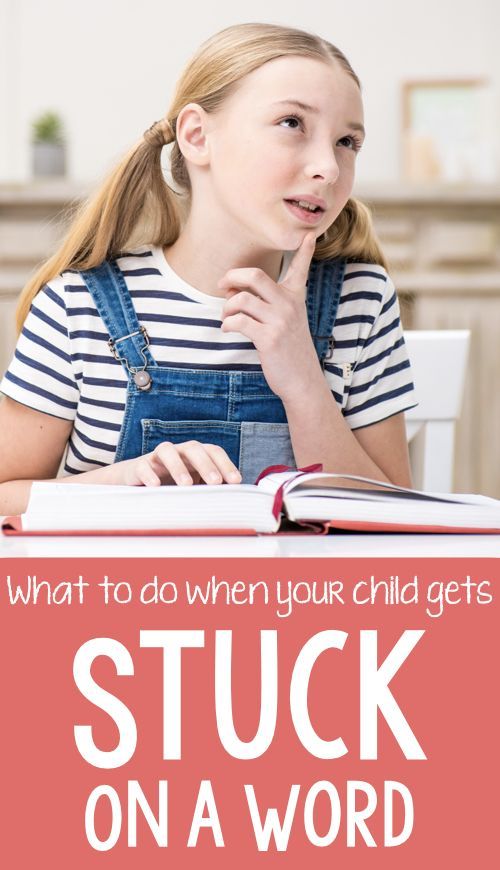 The state pays salaries to teachers, and schools, in turn, must strictly comply with the law Debre 1959year . According to this law , all children should have access to education regardless of origin or religion, no child can be denied admission, curricula must comply with the state, and theology should remain only an option, not a required subject.
The state pays salaries to teachers, and schools, in turn, must strictly comply with the law Debre 1959year . According to this law , all children should have access to education regardless of origin or religion, no child can be denied admission, curricula must comply with the state, and theology should remain only an option, not a required subject.
The mission of Catholic schools is to educate children in a Catholic atmosphere, but this does not mean that you need to protect yourself from atheists and representatives of other faiths, the French believe.
For example, Laurent Ulrich, Archbishop of Lille and president of the Council for Catholic Education, believes that by opening schools to atheists and representatives of all denominations, Catholics only benefit: children and their parents see that the Catholic denomination recognizes that not all are Christians and respects the freedom of people not to believe or otherwise believe and evangelical values are made open, visible and often attractive to non-Catholics.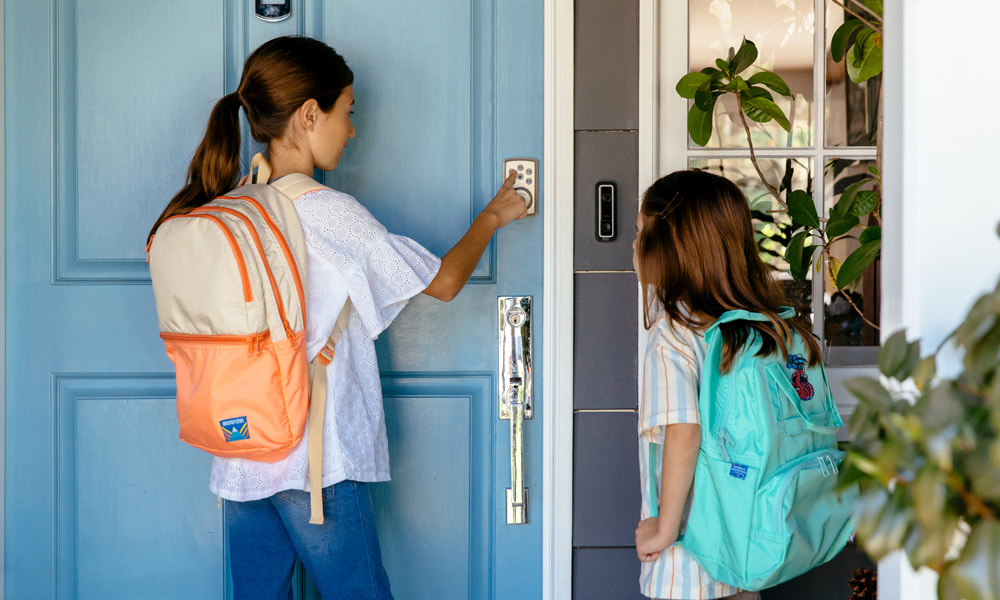
The fact that pupils of a private Catholic school do not have to study religious subjects was confirmed to me by a friend whose son studied at such a school in Bergerac. Services are also optional, although the school has its own chapel. That is, you can openly remain an atheist and no one will impose anything.
Interestingly, in order to enroll children in an Orthodox school in Moscow, another friend of mine was asked to provide a written blessing from a priest!
From Muslim parents
Muslims have their own reasons for preferring a private Catholic school to a public one. Here are the main ones:
- Despite the difference in confessions, many religious values of believers are similar. And, according to Muslim parents who sent their children to a private Catholic school, they see values there that are close to their own. Among the advantages, they note the priority of the family, brotherhood, mutual assistance, good manners, etc.
 For many, issues of attitudes towards homosexuality, sex outside of marriage, etc. are important. As a result, Muslim parents believe that a Catholic school is better than a regular one, where "there are no rules."
For many, issues of attitudes towards homosexuality, sex outside of marriage, etc. are important. As a result, Muslim parents believe that a Catholic school is better than a regular one, where "there are no rules." - Another part of Muslim parents believe that the quality of education is higher in private schools, better teachers than in public ones, especially when it comes to choosing between Catholic and ZEP-classified schools (these are “difficult” schools, often in disadvantaged neighborhoods of large cities ). This is where the motivation to avoid the ZEP school comes to the fore. Of course, in order to send a child to a Catholic school, openness and tolerance are required from a Muslim parent. But, as it turns out, contrary to popular belief, there are a lot of such Muslims in France.
- Another part of children from Muslim families end up in private Catholic schools because they were expelled from public schools (often from several in turn) for systematic violations of the school charter, offenses, etc.


